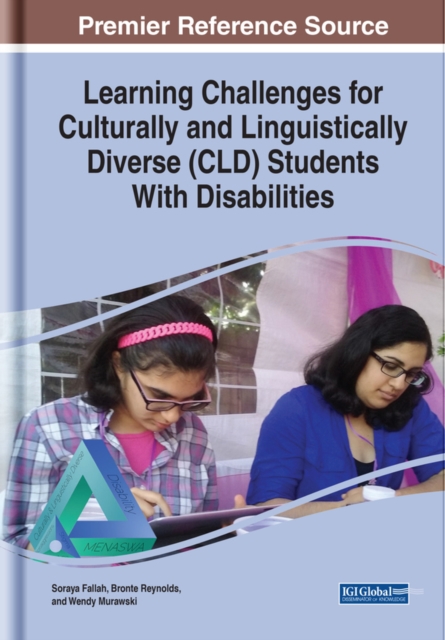
Learning Challenges for Culturally and Linguistically Diverse (CLD) Students With Disabilities EPUB
by Soraya, Bronte, Wendy
EPUB
Description
When children with learning challenges are identified, the educational community in the United States diligently applies a well-established model of remediation that has, for the most part, yielded positive results.
Research, however, has demonstrated that the American perception of disability may vary from those in Eastern cultures.
These cultural differences can play a significant role in the failure to achieve learning success on behalf of children from the Middle East, North Africa, and Southwest Asian (MENASWA) families.
It is critical for the school community to recognize and acknowledge these differences and bring them into alignment in order to meet these students' learning needs.
Learning Challenges for Culturally and Linguistically Diverse (CLD) Students With Disabilities is an essential reference publication that identifies ways in which CLD families can be involved with schools to help build educators' cultural competence and explores the idea of disabilities as a social model with a focus on strengths rather than a medical model focused on needs and weaknesses.
Featuring coverage on a wide range of topics including racial identity, leadership wisdom, and family-school collaboration, this book is ideally designed for educators, principals, administrators, curriculum developers, instructional designers, policymakers, advocates, researchers, academicians, and students.
Information
-
Download - Immediately Available
- Format:EPUB
- Publisher:IGI Global
- Publication Date:10/01/2020
- Category:
- ISBN:9781799820727
Information
-
Download - Immediately Available
- Format:EPUB
- Publisher:IGI Global
- Publication Date:10/01/2020
- Category:
- ISBN:9781799820727






